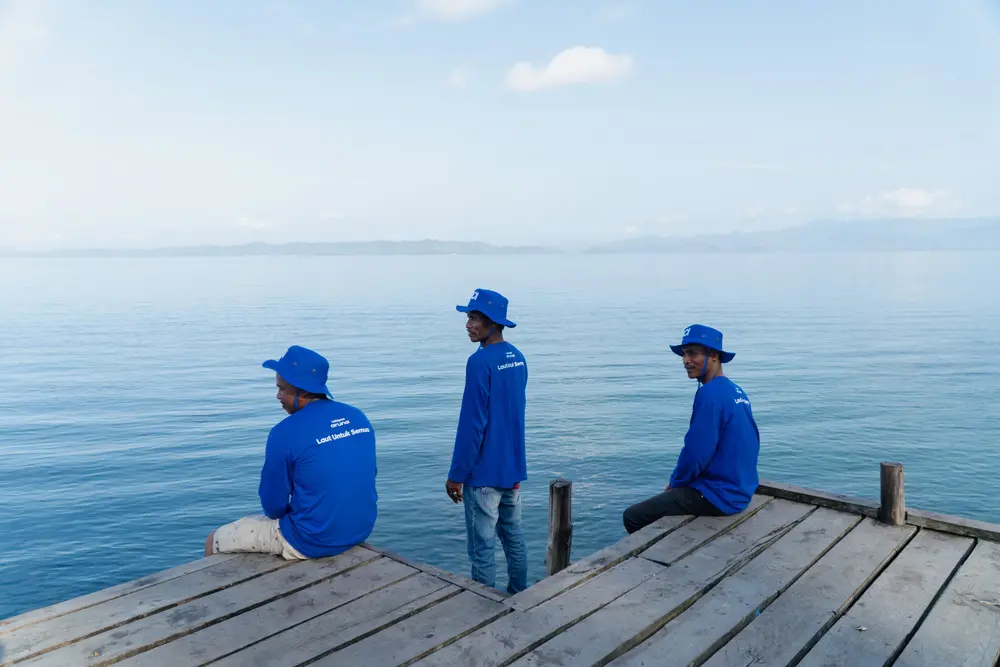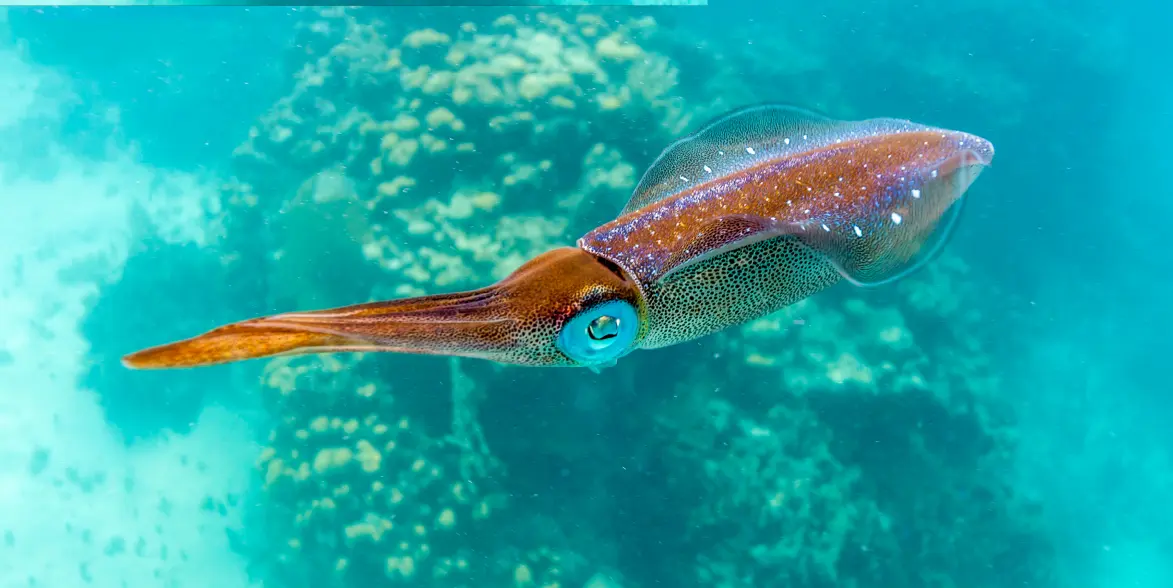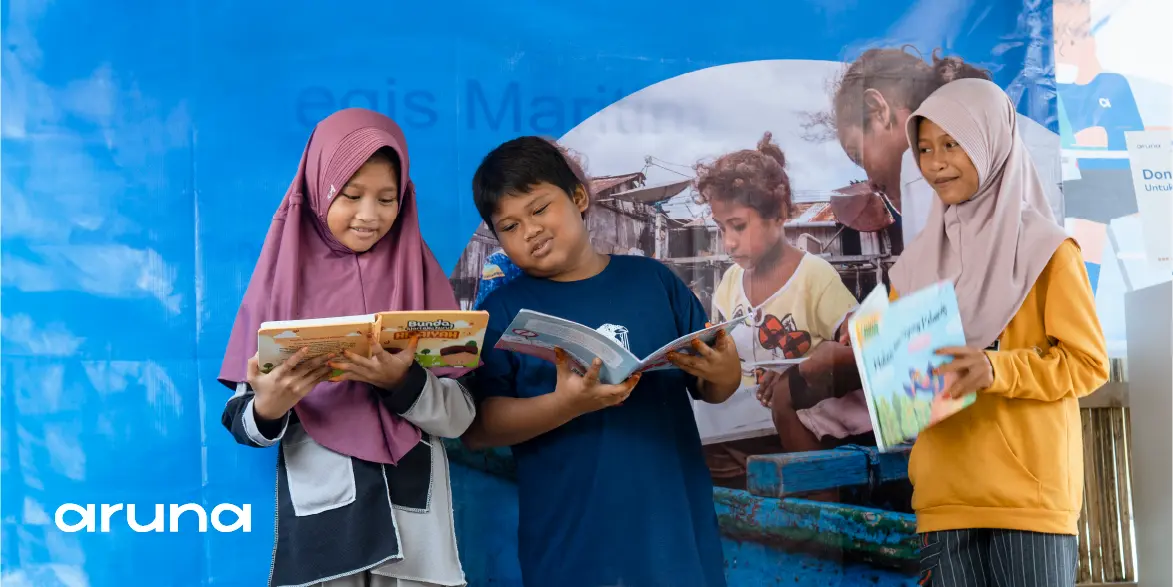The Climate Crisis and the Balance of Marine Ecosystems: Indonesia’s Role in Combating Climate Change

The climate crisis represents the greatest threat to our planet, with rising global temperatures and extreme weather patterns providing concrete evidence of its escalating impact worldwide. This crisis significantly affects the ocean, a big aspect that is crucial for maintaining ecosystem balance and sustaining life on Earth.
As an archipelagic nation with a maritime area comprising two-thirds of its territory, Indonesia must implement decisive measures to address the climate crisis. In honor of World Oceans Day on June 8, several collaborative initiatives can be undertaken to combat climate change.
The Connection Between the Climate Crisis and Marine Ecosystem Balance
The ocean absorbs approximately 25% of carbon dioxide emissions, playing a crucial role in mitigating global warming by reducing atmospheric carbon dioxide levels. However, an excessive increase in carbon dioxide can lead to ocean acidification, threatening the survival of marine organisms and their ecosystems.
Additionally, rising global temperatures significantly contribute to sea level rise. According to a report from the Intergovernmental Panel on Climate Change (IPCC), global sea levels rose by 0.2 meters between 1901 and 2018. Projections indicate this rise could reach between 0.44 and 0.76 meters by 2100.
Rising sea levels pose a significant threat to human life, with the potential to cause profound social and economic disruptions. These impacts include alterations to coastlines, increased flooding in coastal regions, and the submergence of small islands.
Mitigating the Impact of the Climate Crisis
- Reducing Plastic Waste
According to the United Nations Environment Programme (UNEP), Indonesia generates 3.2 million tons of unmanaged plastic waste annually, with 1.29 million tons ending up in the sea. Without effective management, this plastic waste can degrade seawater quality and harm marine ecosystems.
Utari Octavianty, Co-Founder and Chief Sustainability Officer of Aruna, stated, “Aruna recognizes the government’s commitment to reducing ocean plastic waste by 70% by 2025. However, achieving this goal requires active community support, particularly in reducing the use of single-use plastics. Aruna is advocating for this cause by empowering coastal communities.” - Restoring Marine Ecosystems
Efforts to restore marine ecosystems include mangrove replanting, coral reef restoration, and seagrass protection. These initiatives aim to enhance ocean health and increase carbon sequestration capacity. The Ministry of Maritime Affairs and Fisheries (KKP) has set a target for Indonesia to have marine conservation areas covering at least 30% of its total marine area by 2025. - Choosing Fishery Products from Sustainable Sources
Opting for sustainably sourced fishery products ensures that fishing practices are environmentally responsible. This involves using eco-friendly fishing gear, limiting catches, and protecting essential fish habitats. “It is crucial to ensure our seafood choices come from sources that prioritize sustainability,” said Utari.
Aruna’s Commitment to Combating Climate Change
Aruna is dedicated to actively addressing climate change by:
- Assisting coastal communities in waste management to maintain marine sustainability.
- Conserving marine ecosystems through mangrove planting and restoration.
- Supporting local fishermen in adopting sustainable fishing practices.
By advancing this movement through transformative collaborations, Aruna aims to create not only a healthy blue planet, but also a more just, equitable, and sustainable society. Utari added, “Our dedication is reflected in Aruna’s Sustainability Report, in which our achievements and commitment to maintaining fishery sustainability is documented.
Aruna will persist in innovating and collaborating to protect Indonesia’s seas. We believe that through the collaboration of various stakeholders, we can foster a healthier and more sustainable future for the ocean and the planet.










Leave a reply
No comments found.